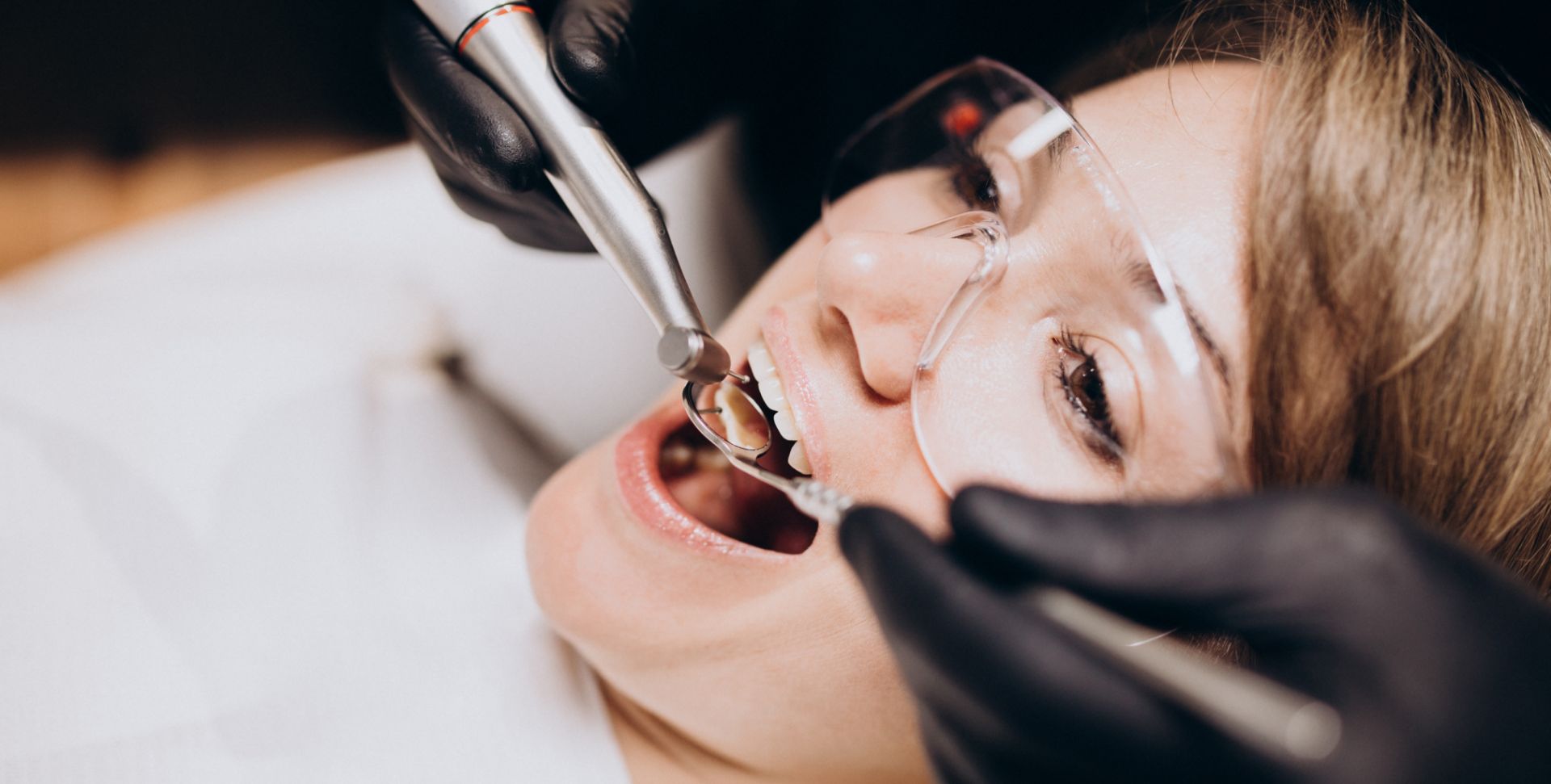Dental Implants in El Paso
Dental implants are a great choice for people who have missing or damaged teeth. They're able to function and look just like natural teeth. That makes them appealing to people who don't want to have to manage denture care. Plus, they're a long-lasting solution with proven results. Dental implants can replace a single tooth,multiple teeth, or even a full set of upper or lower teeth. Your dentist will discuss the best options for restoring your smile and help you determine if dental implants are a good fit for you.
How Dental Implants work
A dental implant creates an artificial root that acts as base for a replacement tooth. Implants are small screw-like rods generally made from titanium. They’re inserted into your jaw bone. Your bone will fuse with the implant creating a secure root for your new tooth.
Implants have three parts:
● The implant — The screw that attaches to your jaw is the implant.
● The abutment — And abutment is a connector that will hold your tooth in place
● The crown — The crown is the artificial tooth that will replace your missing or damaged tooth.
Your dentist will need to ensure that your jaw bone is healthy enough to support dental implants before your procedure. You might need to have a bone grafting procedure to strengthen your jaw if it has been weakened or damaged.

Tooth Replacement
A single tooth lost to an accident or decay can be replaced with a dental implant. The procedure will generally take between two and two months in total, but results will be long-last. The steps of a tooth replacement procedure are:
1. An implant will be placed into your jaw
2. You’ll receive a temporary replacement tooth to wear during healing
3. Your jaw bone will fuse with the implant over the next two to six weeks
4. An extension and cap will be attached to your implant
5. Your gums will heal over the next week or two
6. Your new tooth will be attached to an abutment and secured
However, not every tooth replacement requires all these steps. For instance, It’s not always necessary to have an extension and cap placed. Additionally, there are times when an implant that is already fitted with an artificial tooth can be used. Your dentist will let you know what your options are, and what steps you’ll need to complete the procedure.
Dental Implant Care and Maintenance
You can’t get a cavity in a dental implant, but proper care and maintenance are still very important. A dental implant that is well maintained can last for years or even decades. Dental implants that aren’t cleaned correctly can lead to a condition called peri-implantitis. This condition is very similar to periodontal disease. It can lead to swollen gums, jaw bone damage, and to the failure of your dental implants.
Fortunately, you can take care of your dental implant using the same basic dental hygiene you already use on your natural teeth. There are a few things you should be aware of to keep your dental implant healthy:
● Avoid hard toothbrushes — Hard and stiff bristles can damage the gums around your implant. Try a soft or electric toothbrush instead.
● Avoid harsh toothpaste — Toothpaste that is harsh and gritty can scratch your artificial tooth.
● Brush your teeth gently — Don’t apply too much pressure when you brush your teeth. Make sure you clean around your gum lines but don’t press too hard.
● Don’t forget to floss — Flossing is essential to keep your gum lines clean and healthy. You can also use a water flosser if you have difficulties with traditional flossing.
Contact Us
By clicking on the button you consent to the processing of your data